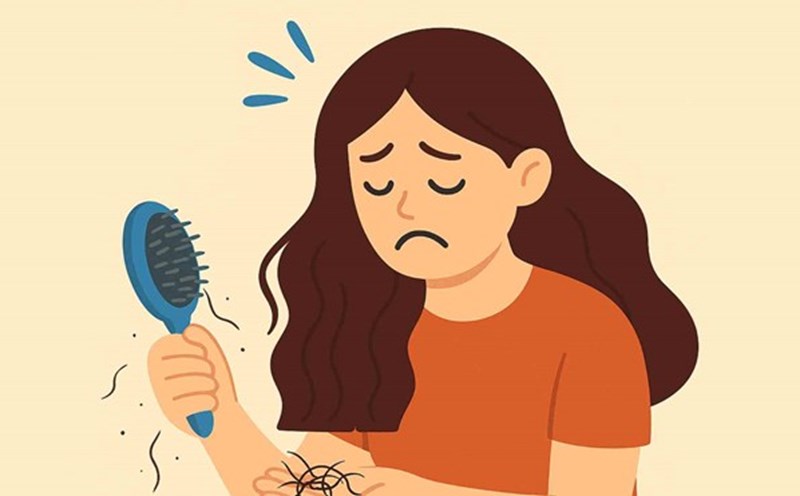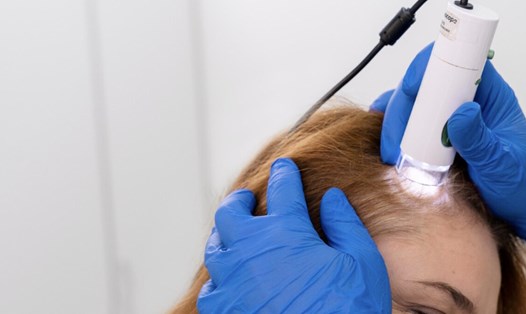Why is the scalp dry and flaky in winter?
In winter, our scalp faces many harsh climate changes, making dryness, peeling and itching more common than ever. Specifically:
Cold and dry air: When the temperature drops, the air outside loses its ability to retain moisture. The scalp, like facial skin, depends on natural moisture to maintain a protective barrier. When moisture decreases, the natural oils on the scalp are lost, leading to dryness, peeling and an unpleasant itching sensation.
indoor heating system: Although heating feels comfortable, it sucks in more moisture from the air, making the surrounding environment extremely dry. The scalp exposed to this dry air for a long time will easily become irritated, inflamed and lose its natural protective layer, making hair weak, brittle and prone to breakage.
Risk of hair loss and weak hair: If not properly cared for, prolonged dry scalp can weaken hair follicles. The hair becomes thin, prone to falling out, difficult to line and loses its inherent shine.
How to nourish and protect your skin in early winter
Moisturize your scalp: Use a vacant oil or serum rich in fatty acids such as argan oil, jojoba oil to keep your hair and scalp moist. You can add a few drops of lavender essential oil or tea tree oil to the carrier oil and gently massage it to increase moisture and relaxation.
Use a mild shampoo: Avoid shampoos containing strong sulfates because they remove the natural oils on the hair. Choose products for dry or sensitive scalp to gently clean while still keeping moisture.
Limit contact with hot water: Wash with warm water instead of hot water to avoid drying your scalp. Only wash 2-3 times a week to keep hair clean but still retain moisture.
Maintain indoor humidity: When using a heater, use a humidifier to replenish water for the air. Maintaining a humidity of 3050% helps the scalp and face to be healthy.
Healthy diet: Supplement omega-3 from salmon, flaxseeds; biotin from eggs and nuts; vitamin E from almonds, spinach to keep hair healthy and improve blood circulation. Drink enough water (at least 8 cups/day) and eat water-rich foods such as watermelon, cucumber.
Good scalp care habits: Limit hair styling by heat ( dryer, craner, stretcher) and always apply heatscreen when needed. Consult a dermatologist if you experience severe itching, prolonged hair loss or persistent problems.











